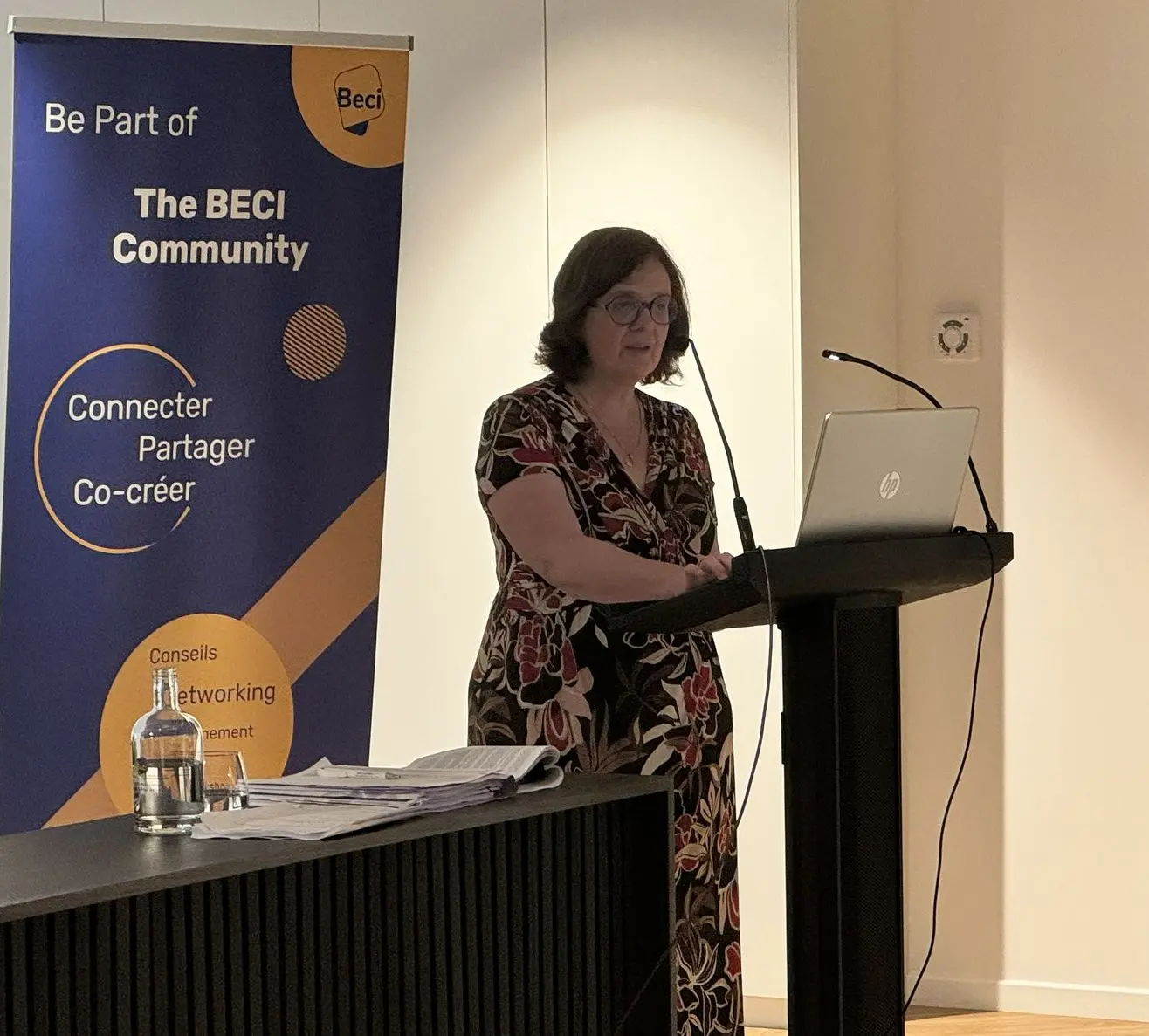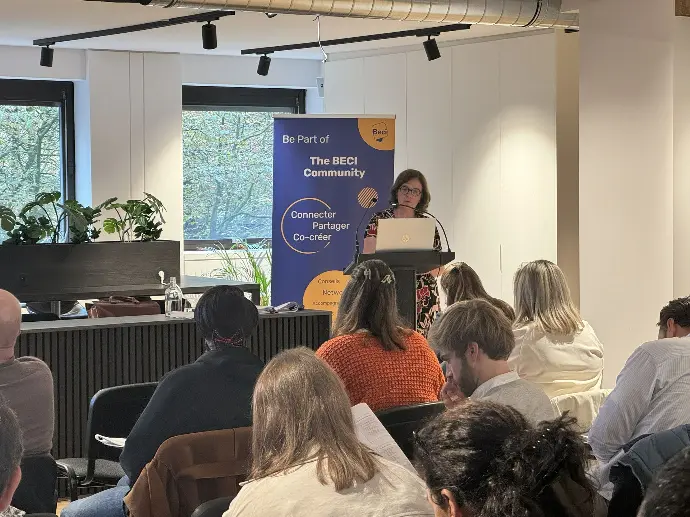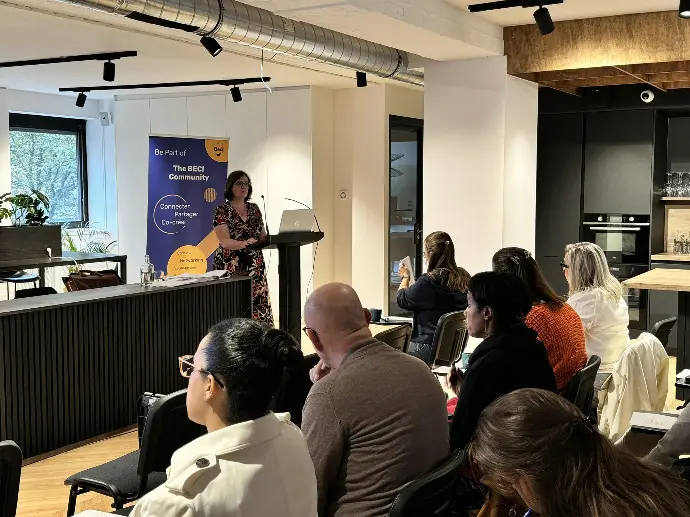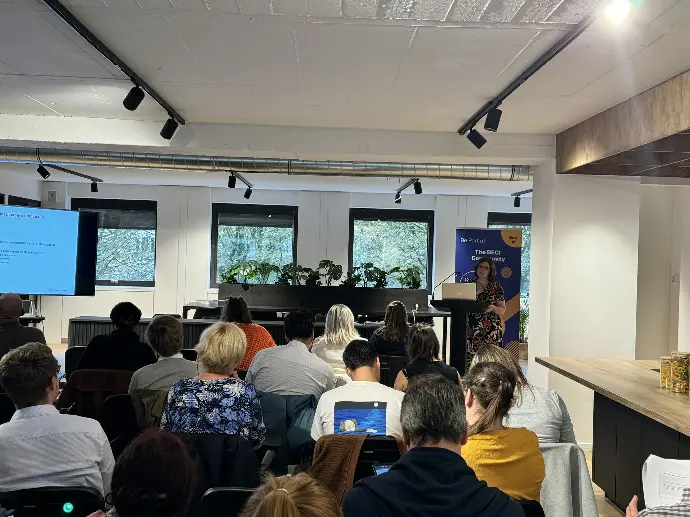As a company, you will probably be subject to an inspection by the NSSO, but you still need to be well prepared. What happens during these inspections and how can you anticipate them effectively? On 24 September, our expert gave advice during a seminar at BECI..
In Belgium, the National Social Security Office (NSSO) is responsible for collecting social security contributions from companies. ‘The NSSO inspection checks whether employers are complying with their obligations to pay social security contributions on workers’ salary packages,' explains Nadège Toussaint, Senior Associate Lawyer at Claeys & Engels. In other words, it ensures that every element considered as remuneration is correctly taken into account.
Of course, there are exceptions. Some companies for example, can justify not paying contributions on certain benefits. This could be the case with meal vouchers, provided that ‘it can be proved that all the conditions for exemption have been met’, she explains.
How can you prepare?
Inspections can be planned or unannounced. Sometimes they occur as a result of a complaint, but ‘the inspector cannot disclose this unless the complainant explicitly allows his or her name to be revealed’, Nadège points out.
In all cases, you need to be prepared. To do this, be methodical: keep your documentation up to date and justify all your exemptions, and above all, carry out regular internal audits. ‘After an NSSO inspection, employers often tell me that they have learned new things that will enable them to put things right in the future. But in reality, we need to turn the problem around and prepare for an inspection, so that we can anticipate any questions,' our expert advises. To avoid unpleasant surprises, she recommends relying on a checklist (see end of article) focusing on the points that the NSSO will examine as a priority.
What mistakes should you avoid?
Certain practices attract the attention of inspectors, in particular flat-rate reimbursements of expenses that are not properly justified. ‘Each expense must be clearly documented and must meet the criteria for exemption,’ Nadège Toussaint warns.
Let's take a common example: if your company gives a monthly flat-rate of 300 euros for various expenses, you have to prove that this amount is realistic and corresponds to actual expenses. ‘Employers sometimes reimburse the same type of expense twice. Sometimes they give a flat-rate for parking, but allow the expenses to be reimbursed via expense reports,’ she adds. The NSSO monitors this double compensation in particular, to verify that it is not a case of disguised remuneration.
What are the risks of poor preparation?
‘Failure to comply with the regulations can result in payment of arrears of social contributions, or even criminal prosecution in the most serious cases’, Nadège warns. If violations are found, inspectors can draw up an official report, and in some cases the matter can be taken to court.
Refusing an inspection is also a very bad idea. ‘The NSSO has the right to inspect companies, and obstructing an inspector can result in criminal penalties,’ the lawyer explains. That said, if you have difficulty providing the requested documents, an extension may be granted under certain conditions.
In conclusion, being well prepared for an NSSO inspection will save you from expensive consequences. Nadège Toussaint concludes: ‘Better safe than sorry’.
Keep up to date with our events, and check our agenda.




